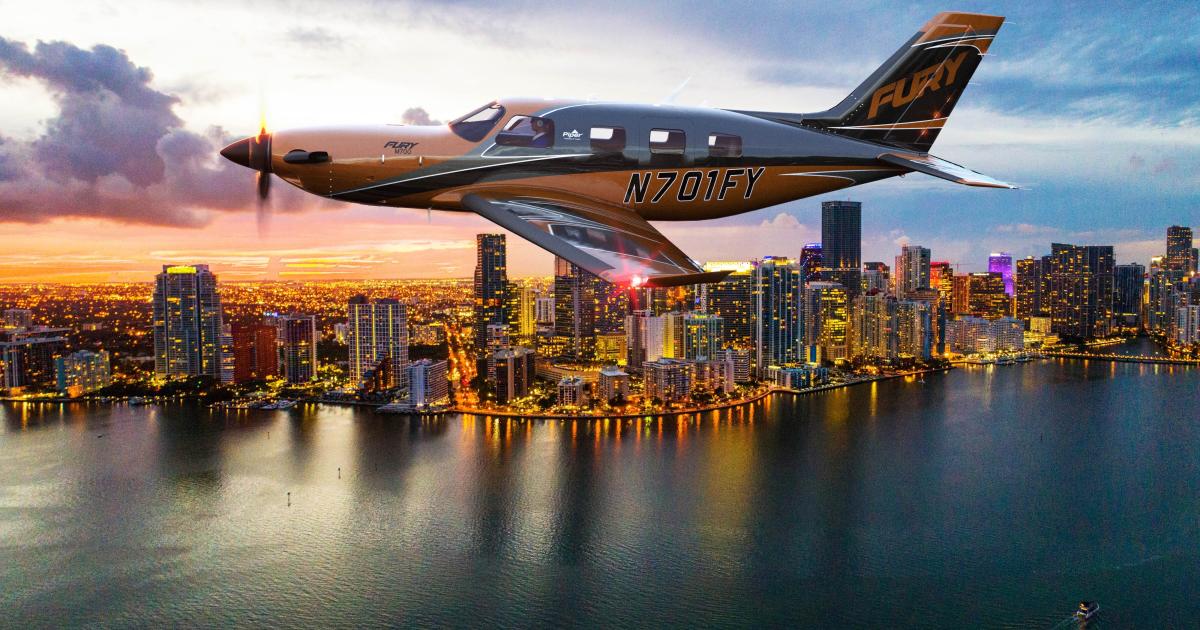
Charter Flights Face Punitive Passenger Taxes in France
- Date : 04/03/2025
Business aircraft charter flights from French airports will be subject to a steep increase in passenger taxes from March 1 in a move the European Business Aviation Association (EBAA) has warned could threaten operators based in France. Under a budget pushed through last week by new French Prime Minister François Bayrou, charter operators may be obliged to collect taxes ranging from €210 to €2,100 ($2,200) per passenger.
The new "taxe sur les billets d’avions" levy on all commercial flights was first proposed in October 2024. Initially, according to EBAA France’s chairman, Charles Aguettant, it was not clear that there would be a special higher-rate category for business aircraft. To the group’s dismay, the tax rates now about to be imposed represent an increase of up to 300% on earlier rates.
Over several weeks, the group lobbied over proposals made by the government of former Prime Minister Michel Barnier, which would have imposed taxes of between €300 and €3,000 per passenger. This resulted in the rates being reduced to between €120 and €1,200, but then Barnier was forced out of office after losing a parliamentary vote of confidence.
Aguettant told AIN that a group of six travelers sharing a modest-sized aircraft such as a Cessna Citation CJ2 for three flights within France will face a disproportionate tax burden compared with, say, two passengers making a long-haul charter flight. For example, he said that if this group in the CJ2 flew from Bordeaux to Marseille and then on to Lyon before returning to Bordeaux, their combined tax could amount to €7,500 for a charter itinerary costing €12,000. By comparison, two passengers flying from Paris to Tokyo would pay €2,100 each, but based on a far more expensive charter booking.
Operators Could Face Penalties
What’s more, EBAA France has warned its members that enforcement of the new tax is expected to be quite severe. According to the group, operators who don’t collect the correct amount of tax from passengers could now face fines. Potentially, they could be retrospectively assessed for possible non-compliance, with earlier taxes due for the previous three years, which could require payments running into hundreds of thousands, or even millions, of euros.
Aguettant has been taking calls from operators across Europe who are reluctantly having to explain to passengers that flights they have booked previously will now be subject to heavy taxes, perhaps triggering flight cancellations. Among French operators, he fears the impact could be existential, as 90% of their flights originate from airports in France.
In a social media post this week, Emmanuel Combe, a business professor with the Université Paris 1 Panthéon-Sorbonne, attacked the new tax as being “hazardous and precipitous.” He echoed EBAA’s complaints that the government did not conduct any kind of economic assessment and that none of the estimated €900 million raised from the tax has been allocated to decarbonization initiatives.
Combe also made the point that the tax singles out the French business aviation sector disproportionately by being out of step with fiscal structures in other European Union (EU) countries. Outside the EU, the UK government is pushing for significant hikes in air passenger duties for business aircraft charter passengers, but even the new top rate of around $1,300 is not as punitive as the charges about to take effect on the other side of the Channel.
